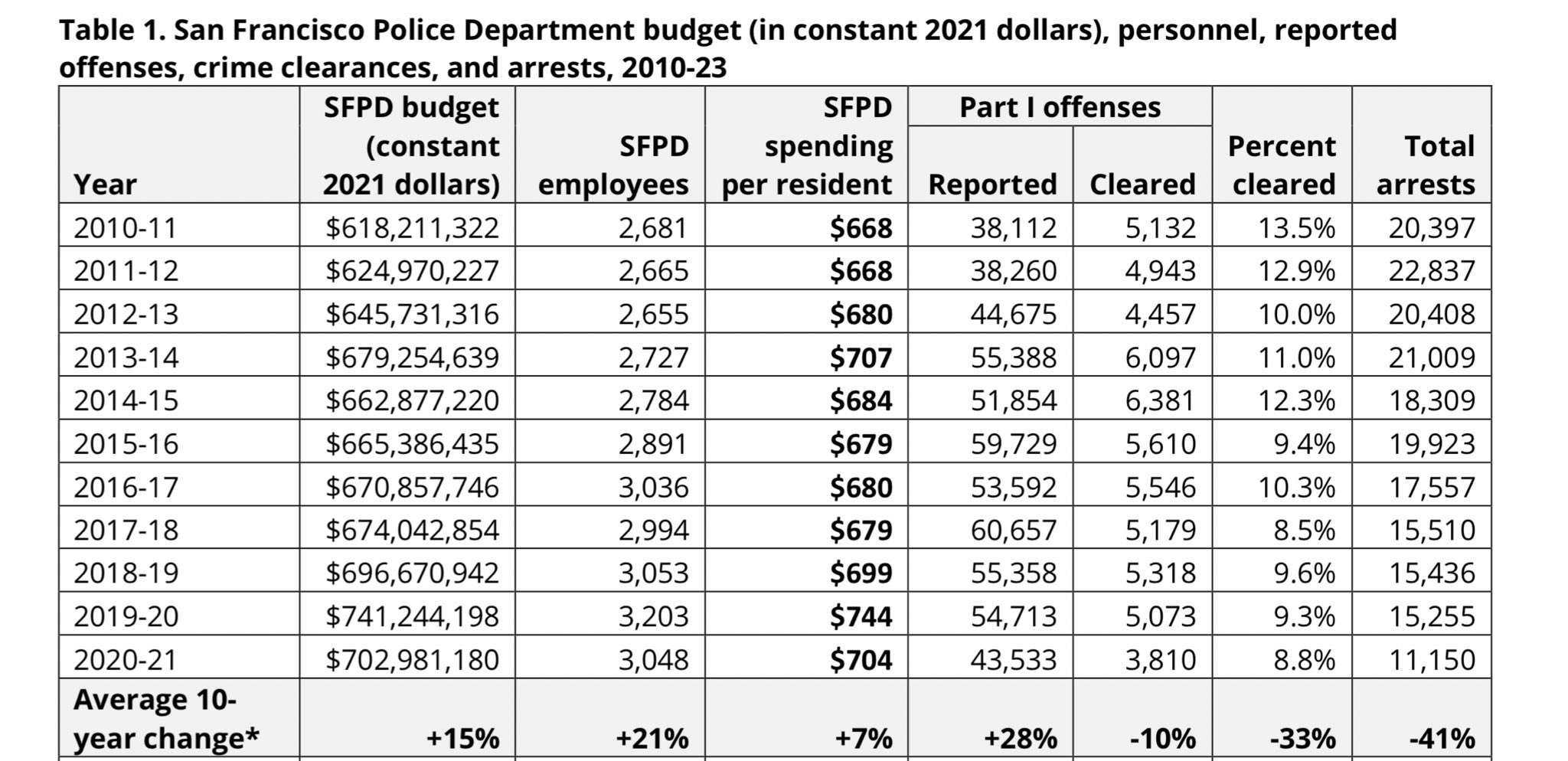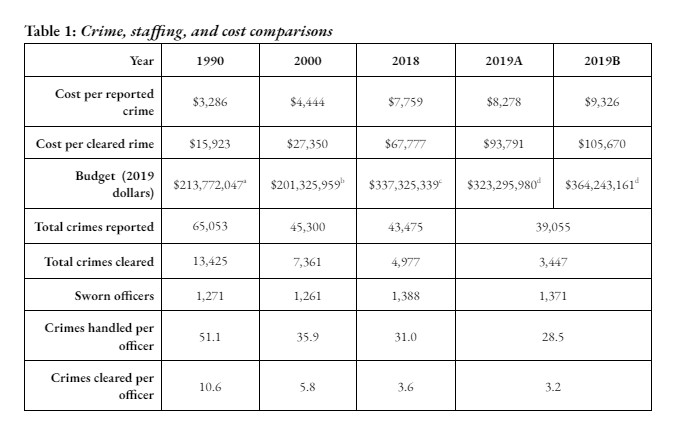by Tony Wikrent
The ‘Free Market’ is a Fever Dream and Adam Smith Wasn’t in It [YouTube]
[Rhodes Center Podcast, via YouTube, Mar 31, 2023]
Mark Blyth interviews “Jacob Soll… professor of philosophy, history, and accounting at the University of Southern California, and in his book “Free Market: The History of an Idea,” he begins way back in ancient Rome, stops in 17th-century France with Louis XIV’s minister Jean-Baptiste Colbert, and, on the way to the present, barely mentions Adam Smith at all.”
…. [1:16] French Minister Colbert reviled today as a so-called mercantilist who becomes the critical builder of markets and whose state-led form of development has had a far bigger impact on how the world actually works….
… [8:58] Smith says guilds are the worst thing in the world — except that’s where capitalism comes from it comes from… if you go to Florence and see the Duomo or the Palazzo Vecchio it’s covered with all the signs of the guilds who pay for the government and they’re very aware that they’re paying for government… this is where Machiavelli comes in… remarkably visionary, Machiavelli… says, look all these Merchants are necessary but the state has to be richer than any single Merchant otherwise we have an oligarchy or a dictatorship. And of course that’s what had happened under the Medici….
[10:03] …so where you really make… a controversial contribution though is to really invert the relationship that we commonly have in our heads between France and the UK, and between the figures of Colbert and Smith. So let’s go right into this…
[11:38] [The supremacy of Smith is] an Anglo-Saxon fantasy, yes, to put it politely…. Colbert is a former businessman, but he’s working for a monarchy he’s got to raise funds so he tries to reorganize the government. But he doesn’t believe in wealth hoarding; he doesn’t believe that gold is just the simple road to riches; …he believes he believes that manufacturing will create extensive expanding wealth, and so will imperial Seaborne trade….
[17:03] …that myth does not exist in the mid-18th century; it doesn’t even really exist under Smith. The Americans, people like [Alexander] Hamilton are reading Jacques Necker … Hamilton says he wants to be the new Colbert when he’s building the American state. He doesn’t talk about Smith; in fact please read his Report on Manufactures — it is a direct response to The Wealth of Nations. He basically knocks down every one of Smith’s theories: the idea that agriculture will make you rich; the idea that open markets can work for developing nations like early America. He knocks it all down, and America has the highest rate of tariffs for the whole of the 19th century…. no one’s heard of Henry Clay; no one has any idea this guy Henry Clay continues Hamilton’s policies, calling it the American System, which is a system of tariffs and small subsidies for infant industry, which is how America gets on its feet. America is not a free market nation in the 19th century….
[18:40] England has this very special trick up its sleeve (France has some of this trick too), it’s called the global Empire. It’s an Empire run on coercion and gun boats, it’s not that friendly, it’s based on pillaging. We calculate that over 140 years Britain extracted around 44 trillion dollars from India alone. That’s just the colony of India….
[19:06] The free marketeers who say they are against Empire Still are for maintaining the Empire against uprisings. Theoretically they’re against it, just like Smith is theoretically against slavery. But is he really against slavery? Are these guys really against Empire? Not when push comes to shove… This guy is essentially a huckster… the 18th century equivalent of somebody who’s in the ideas industry, as Dan Dresner wrote about a few years ago. He makes his living getting grants from giant oligarchical landowners who basically allow him to do the things that he wants to do, and he writes very flattering books that never implicate them in anything….
Smith’s a hedger. You have to think of Smith as a professor who’s on the make with some big donors. He works for the donors. He actually lives in the donor’s house, the Earl of Baklao [TW — name incorrect, but I can’t find correct name] who’s really one of the richest most powerful men in all of Britain. These people run the parliament. They’re trying to cleanse their lands of peasants and crafters so that they can put lambs or sheep and these high return cattle. So they’re… land owning oligarchical agricultural entrepreneurs and if you read Smith that is what the system that he is talking about. Do businessmen exist? Yes. Does manufacturing exist? Sure, but they can never produce wealth on their own according to [Smith]— all wealth comes from agricultural labor and all industry is dependent on agricultural production. Which we know is just not true; that’s not how it works.
There is a huge and long tradition of people desperately arguing that agriculture will not create enough wealth, it will not create stable wealth or growth, that you need for a modern commercial society. All these other authors who you’ve never heard of, but are in my book, are calling for this. Most notably Alexander Hamilton. And so Hamilton’s the heir of a long tradition of market thinkers who don’t believe that agriculture is the path to wealth.
Smith is what we might call a medieval economist or a sort of neo-feudalist. This is not the father of capitalist thinking… [In the] Anglo-Saxon world we live in a bubble, I think. that came from the British Empire and then from American hegemony, and the fact is we’ve written a story that supports a certain narrative of how we got rich which just isn’t the story at all. It just happens to back up lots of people’s interests or certain interests.…
[27:21] But how did America actually get rich? There’s a huge reaction first of all to FDR— that’s so much of what people are angry about economically: FDR creating Social Security; FDR bringing the state more into the economy…. the narratives of the 20th century get written after the war and that’s where a lot of this economic stuff comes from, especially in America, with the Austrian School and others. So there’s definitely the material interest in telling a particular story because it protects … the wealth and property rights of those who are telling the story….
[29:31] I don’t know really good examples of wealth creation without government involvement at some point…. [TW: see my series on How America Was Built; some of the subsequently posted articles are listed at the end of HAWB 1954-1976: The three major developments in aerodynamics].


